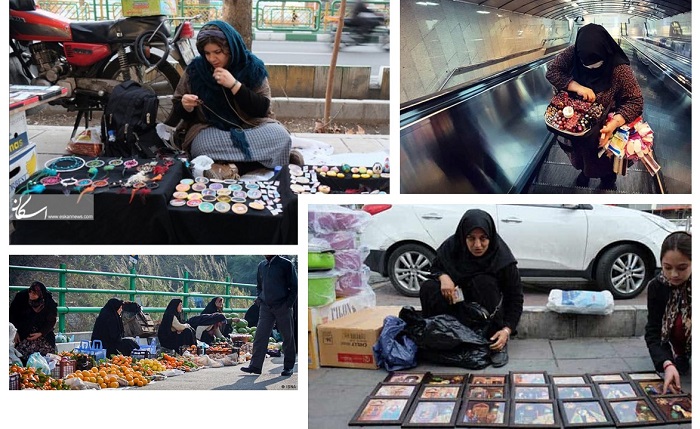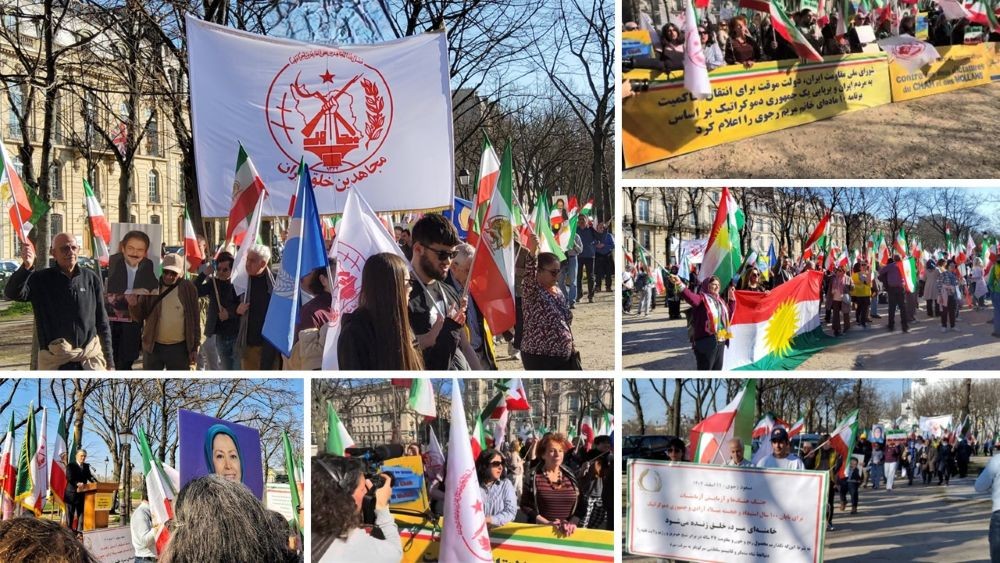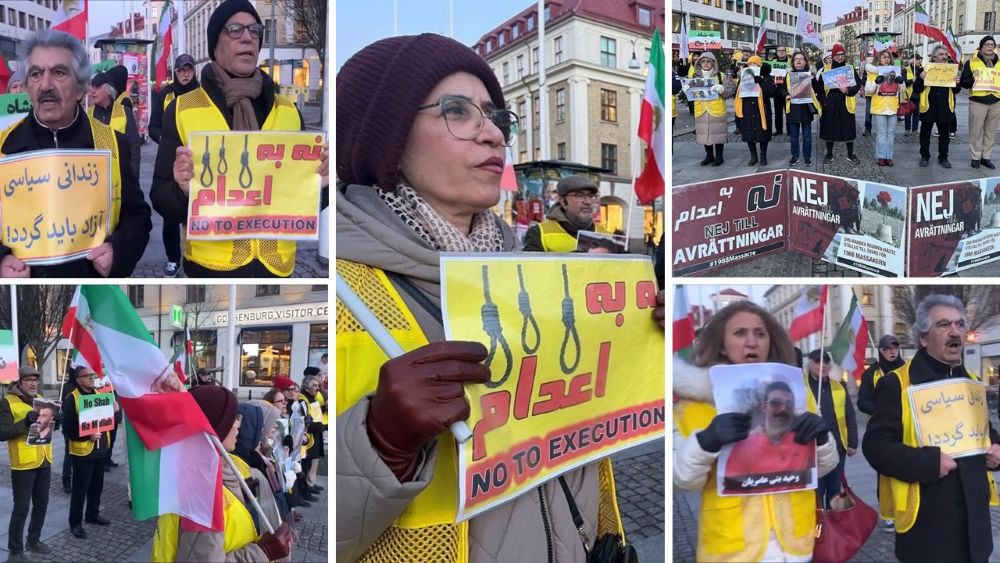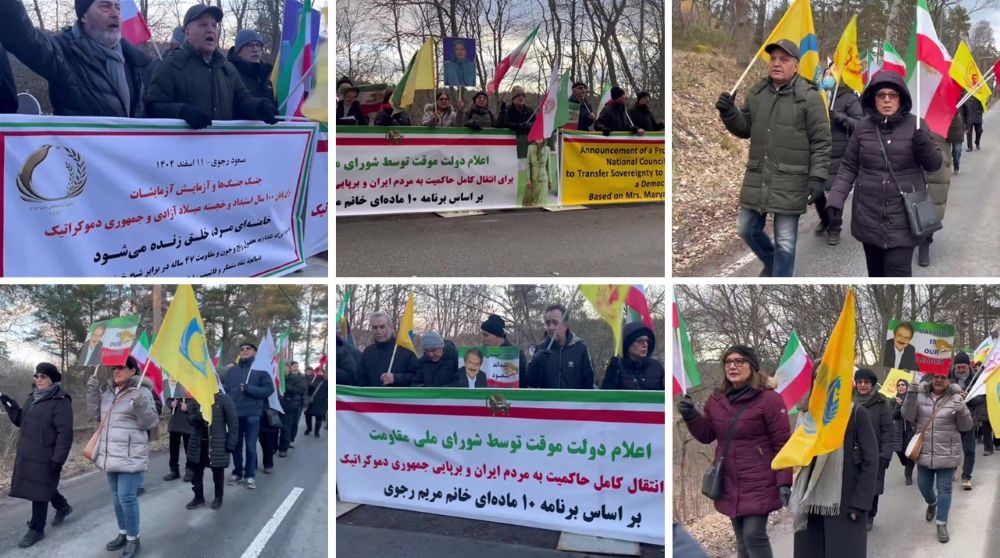
During the coronavirus outbreak in Iran, women heads of households suffered the most from job inequality and unemployment.
Although there is no confidence in the regime’s statistics, some estimates say at least 200,000 to 1 million women lost their jobs due to the coronavirus pandemic.
Women peddlers show the face of poverty
There is a specific definition of women peddlers in each region. In Iran’s northern cities, women street-vendors come from rural villages to sell their agricultural products or handicrafts in various markets. In some areas, such as the northwestern and northeastern provinces or in the central parts, there are fewer female peddlers. But in the southern cities of Iran, the intensity of women peddlers shows the grim face of society’s poverty.
In provinces such as Khuzestan and Hormozgan, women peddlers are widely responsible for part or all of the household economy.
Many “women heads of households” are engaged in street vending. Because by housekeeping, they lose the possibility to make ends meet. To win their families’ bread, these peddlers, like other informal workers, risk their lives.
Listen to the sufferings of women peddlers
“I have to work in this dangerous subway for a few hours a day,” says a female peddler in Tehran. “I am the head of the household. I have no other way to make a living. What should I do with my two student children and a rent of more than one million tomans?”
“My husband is sick and bedridden,” said another woman peddler about her life situation. I have to work. They did not even forgive our rent. Half of my income goes to rent. I pay rent of more than one million tomans per month living on the outskirts of Karaj. Can I not work? Can I stay home and not go out?”
The Ministry of Health has made the municipality responsible for preventing peddlers from entering the subway. According to the peddlers, the municipal agents treat them harshly and ask them to stay away from the subway. But no one says where to go and how these peddlers should feed their families. These women are not subject to any protection from the government.
This issue is not the only product of the current situation. Its scope goes back to the gender discrimination imposed in the law and the approach of the ruling misogynous regime in Iran to women’s employment.
It is futile to expect the living conditions of women and low-income groups to improve with the ruling religious dictatorship ruling Iran. As highlighted by people in their daily protests, this dire situation would be ended after regime change.



